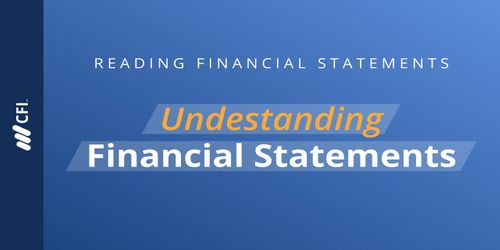Introduction
Investors who prefer passive index strategies to active management have helped make index funds a significant market force. The benefits of indexing include lower overall costs, greater diversification across a broad base, and reduced taxation. Investing in index funds might sound like a stroll in the park, but it has some serious pitfalls that are easy to overlook. Companies that handle our money by investing in ETFs and mutual funds (ETFs) have developed many new index products in response to the increasing demand for index investments and management. It shouldn't be shocking.

Reasons to Avoid Index Funds
What are the reasons to avoid Index Funds? You may feel that index funds are all you hear about these days regarding financial planning and investment. They praise the low effort required to invest in them, the safety of your funds, and the enormous returns to which you'll be entitled. Many who hear this may believe they are the best investment choice, but savvy investors know better.
- The potential for economic downturns We all know that the stock market has proven time and time again why it's a good place to put money in the long run. Though it has experienced economic highs, it has also experienced lows. Putting your money into an index fund based on a popular stock market index like the S&P 500 could pay off during bull markets, but it could also leave you open to losses when the market tanks. Investing in the index can be risky, but you can mitigate that risk by selling some of your shares or purchasing a put option on the index. Putting both of them together, however, could defeat the purpose of the investment because they work in opposite directions.
- Overvaluation of stocks is a common phenomenon in the stock market. An entire industry may be undervalued if a single company dominates its market and the value of all stocks in that industry rises due to the dominant company's success. It's also possible that the converse is true. One company's success or failure can ripple and affect the market value of all businesses in an industry. Even if the sector represents a compelling bargain, exposure to it will be decreased by market value-weighted indices. Taking advantage of the market's irrational behavior and turning a profit is a great strategy for exerting control. One should keep an eye out for undervalued companies beyond the basics and sell off those overvalued for the same reason.
- However, index investing does not permit dishonesty of this nature. An overvalued stock's effect on the index grows with each new addition. Unfortunately, this occurs right when savvy investors should reduce their stock holdings. When you invest through an index, you eliminate any possibility of profiting from the knowledge that you may have identified a company that is over- or under-valued.
- Portfolios are reflected in indexes, which are unregulated collections of holdings. Investors in an index fund have limited influence over the fund's portfolio. The grocery store or bank you've been studying could be a good investment. Occasionally in everyday life, you may be exposed to circumstances that lead you to believe that the company is superior to others. Perhaps their brands or customer service are better. You should put your money into the company rather than its rivals. There may be ethical or character concerns involving other companies. One can have issues with how a company treats the environment or its products. You can diversify your portfolio with equity investments but avoid picking index-based components.
- There are many strategies employed by successful investors who set limits on their investments. An investment in a market index may limit your exposure to alternative perspectives and approaches. Combining different investment strategies can boost returns while lowering risk. As opposed to the 500 companies that make up the S&P 500 index, diversification can be achieved by purchasing just 30 individual stocks. You can access the best high-quality stocks for value, the most promising growth stocks, and other companies. Based on your findings and research will help you create an individual portfolio. Thus, you can tailor your investment portfolio to your specific needs and comfort levels rather than trying to time the market.
- The stress of Investing: Finally, investing can be stressful, particularly during market chaos. Quotes can be a source of distraction when trying to make a stock selection. It's disruptive to sleep patterns, but there's no way to predict or avoid it using an index. You may always be looking at what the market is doing and anxious about the current economic situation. It's also possible to not enjoy the thrill of prudent financial management and the fruits of your labor when you make wise investments.

Conclusion
While there are many advantages to investing in index funds, they are not the "go-to" investment vehicle that many assume they are. This knowledge will put you in a stronger position to achieve investment success.



